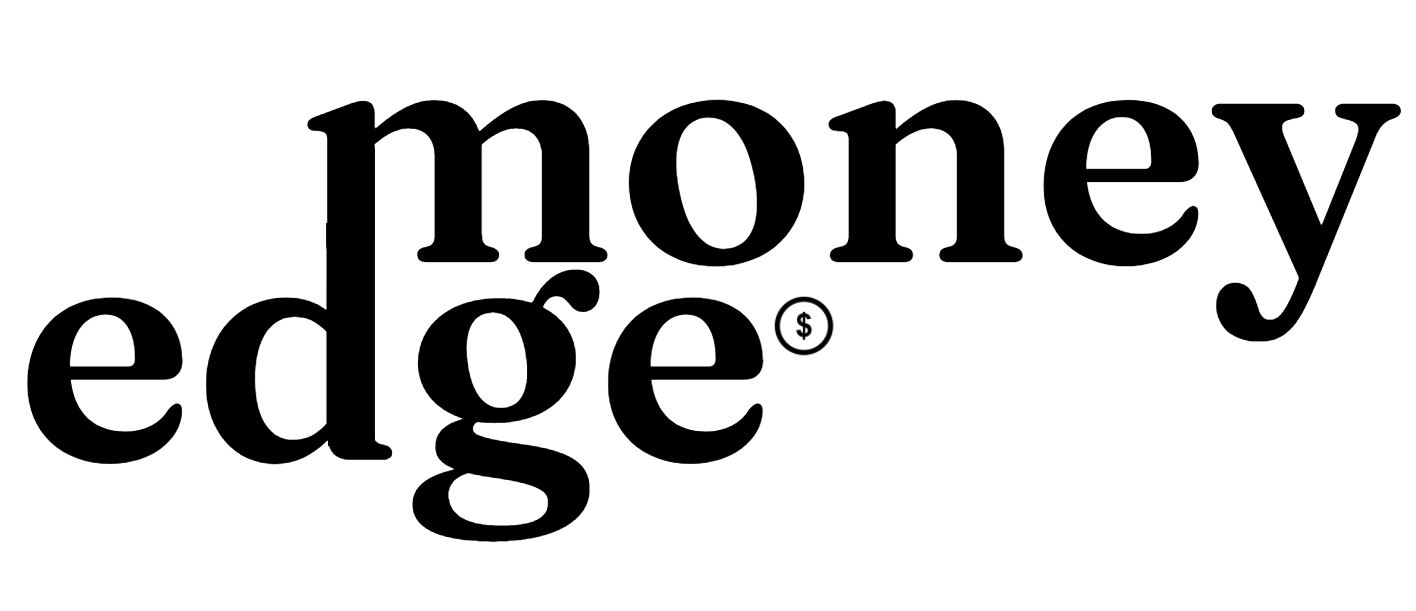What Section 7702 of the Internal Revenue Code
Means for Life Insurance
The goals of most investors — big or small — are the same. They want to get a reasonable rate of return, protect their investments, take the best advantage of the tax code and have some flexibility with liquidity. But have you found it hard to choose one investment over another? Do you find yourself comparing apples and oranges and bananas and getting confused?
Do you know about the 7702 Tax Law?
The 7702 Tax Law is the IRS code that establishes the rules around permanent life insurance. It governs how much money an individual can put into a life insurance policy and still retain the definition and tax treatment of life insurance.
The tax law currently says that the death benefit — when received by beneficiaries — is a tax-free event, and the internal buildup of cash value is also a tax-favored event. This means there is no current taxation of that money as it grows.
Not all money is taxed the same!
There are two ways our money is taxed: immediately (when we earn it) and deferred (when we take it out of our retirement accounts).
There are three tax benefits that exist: (1) tax-deductible contribution, (2) tax-deferred growth, and (3) tax-free withdrawal.
Most investments such as brokerage accounts, savings accounts and money markets are taxable accounts. We put in dollars that have already been taxed. As these accounts grow, so does our tax bill.
With traditional IRAs and 401K plans, we get a tax deduction up front. The taxes we pay on that income are delayed until we withdraw it. According to IRA expert Ed Slott, “you’re at the mercy or uncertainty of what future higher tax rates might do to your retirement savings.“
Roth and Roth-like plans (cash value life insurance policies), on the other hand, are funded with post-tax money. You don’t have to worry about future rates, because your tax rate in retirement will be zero.
Taxes have the potential for taking the biggest bite out of our total returns. The reality is — when you defer taxes, you also defer the tax calculation. Most financial planners/advisors agree that over the long term, Roth IRA is better than traditional IRA because it’s better to be taxed on the “seed” money than the “harvest” money. Also, the current national debt of $31 Trillion could be a danger to a future lower tax rate. Historically, we are living in the lowest tax-rate environment. The average top marginal tax-rate since 1913 has been 58%.
Our national debt is currently $33 Trillion — fast approaching $34 Trillion — more than $100,000 debt per taxpayer. Some day we will have to deal with it and there are only two logical ways to do so — reduce spending and/or increase tax revenue.

